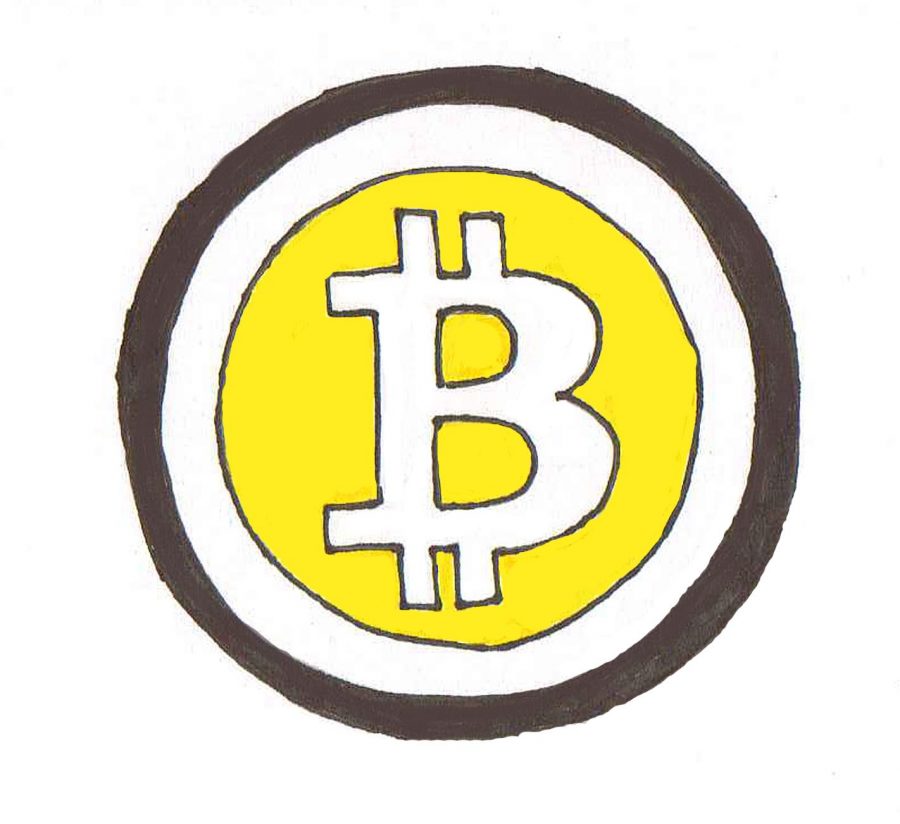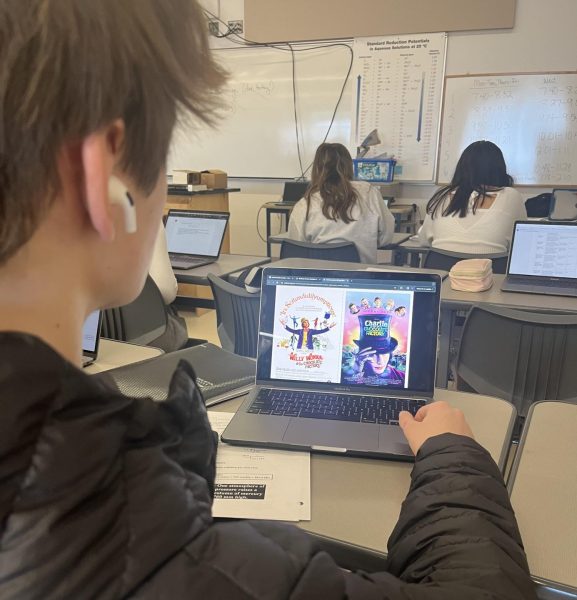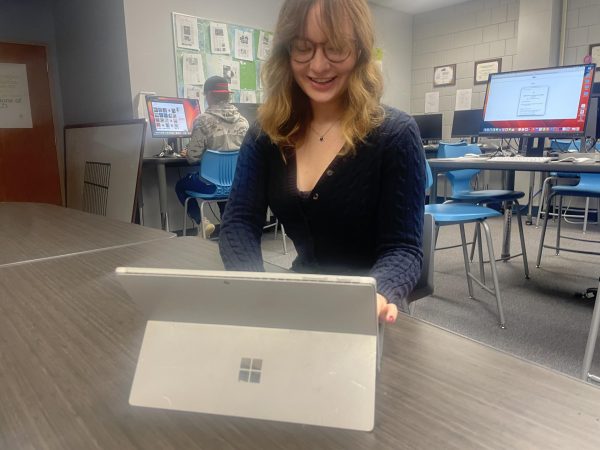Bitcoin makes possitive steps towards global currency
April 17, 2014
The dollar is currently at its lowest value in the history of the United States. This has rightfully created concern, and people (not only in America, but around the globe), are searching for the next viable alternative. They want a safer, less sporadic form of exchange, especially one that is not susceptible to inflation caused by government intervention in the form of bill printing, as seen with the United States’ Federal Reserve.
Enter the Bitcoin. It is the first in a pioneering wave of so-called “crypto-currencies,” virtual stand-ins for the U.S. Dollar, the Euro, and any other government-controlled medium of transaction currently known to man. In theory, the Bitcoin is a brilliant start to the question of the government monopoly on currency, and a step in the right direction. Its practical uses and sustainability, however, are highly questionable.
The concept is that the Bitcoin works like a stock, it can be bought and sold online and its value in dollars may change, but it is highly decentralized and therefore more dependable in the eyes of some. Because of its decentralized and anonymous nature, the Bitcoin has been a favorite for clandestine transactions, most notably on virtual black markets like the Silk Road.
There is a certain amount of controversy surrounding the Bitcoin’s creator, the identity of whom still remains a mystery. It was introduced in 2009, and has since received its share of controversy. One problem is that a given user’s Bitcoins are stored in a sort of electronic-wallet. This “e-wallet” is essentially a private internet domain that is the only location where the user can access his/her Bitcoins. However, recent incidents involving a Bitcoin hack have shown that the Internet is a very dangerous place indeed, and these “secure” e-wallets are not quite as strong of a solution as they may have seemed initially.
In addition to these hacks and crashes, the Bitcoin also faces uncertainty thanks to a system of user-prompted manipulation called Bitcoin “mining.” Bitcoin mining is the process through which users can add more Bitcoins into the virtual economy by challenging users with certain resource-intensive computer operations that “earn” users Bitcoins after their completion. This practice can be manipulated, however, further showcasing the Bitcoin’s inability to compete as a viable intermediate for trade.
Overall, it is clear that Bitcoin has its faults- and truly, it should not be expected to revolutionize the world of online transactions without a single hitch. However, it is equally, if not more important to note the importance that this new step brings. Perhaps Bitcoin will not succeed, but it sets an example that currency and the regulation of it does not have to be a function of a government, and adds a new level of freedom to choose how one does business, a valuable impact that will certainly take root in the future, despite its shaky start.












